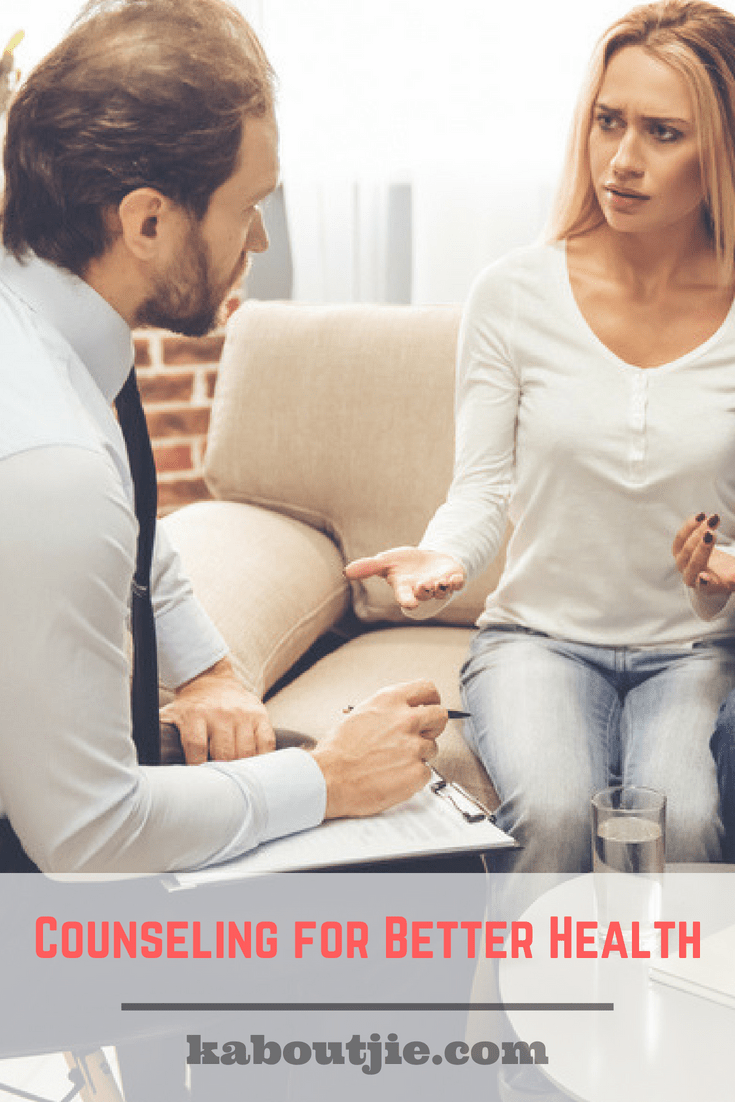We all know that you need to take care of yourself physically to be healthy. But, did you know that proper mental health care is also essential to your physical health? Yes, it is true, a healthy mind is a big help towards a healthy body. You can work out every day, eat healthy, and take vitamins forever but not be healthy if your mental health is being ignored and vice versa. Too much stress or depression can actually lead to serious physical illnesses like heart disease, stroke, high blood pressure, diabetes, and has even been linked to some types of cancer. In fact, according to experts, depression has been linked to a 50% increased risk of death from cancer and a 67% increased risk of death from heart disease.

Physical and Mental Health Benefits
First of all, it has been proven that physical exercise is beneficial to your mental health so we are not discounting that. In fact, only focusing on mental health and not physical health is just as bad for you, if not worse. The thing is, they both go together to provide you with a better overall health for both your mind and your body, keeping you both physically and mentally fit. So, if you are already taking care of your physical health on a daily basis, it should not be difficult to take care of your mental health as well.
Mental Health Stigma
However, some people still believe that admitting they need mental health care makes them weak or it embarrasses them. Unfortunately, this stops many individuals from getting the help they need. The stigma of mental illness can be a huge hindrance in taking care of yourself when you are so busy worrying about what other people think that you neglect to consider what is best for yourself. While it is illegal to discriminate against someone for having a mental illness, anyone who lives with any type of mental health condition knows that some people still look at you differently. You may be passed over for a job or promotion because of it, refused insurance, or even rebuffed by a loved one. Although none of this is legal, it still happens, just like racial and sexual discrimination.
What You Can Do to Help
What all of us can do is to be more open and understanding of mental health conditions and care. Learn more about mental health and go out of your way to talk to others about their condition. Do not shy away from others who have mental illnesses either. They are not contagious. Everyone has something wrong with them, whether it is mentally, physically, or personally. Nobody is perfect and we all need to accept each other as we are and never call anyone derogatory names due to their condition. Nobody likes to be put down or made fun of, whether they have a mental illness or not. Do not be a bully.

Talk About Your Own Illness
If you have a mental illness, talk openly about it. Tell others how you feel. Do not be embarrassed or ashamed. Would you be embarrassed or ashamed of admitting that you have cancer? Mental illness is the same thing. It is not your fault and you hurt others with mental illnesses by pretending that you do not have one. Tell everyone about your illness and what they can do to help you and others who have a mental health disorder. Encourage others with mental illnesses to come forward as well. Being honest and open actually makes you feel empowered and free. You will feel happier and stronger by helping others.
Mental Health Statistics
Mental health conditions are common. In fact, approximately 20% of adults has some type of mental disorder. Some may be so mild that they barely notice them while others can be debilitating and make it impossible for you to live a normal, happy life. The most common mental illness is anxiety disorder but depression is responsible for the most disabilities in adults in the United States. Some other common types of mental health disorders include:
- Addiction
- Attention-deficit hyperactivity disorder (ADD/ADHD)
- Behavior disorders
- Bipolar disorder
- Eating disorder
- Obsessive-compulsive disorder (OCD)
- Personality disorders
- Phobias
- Postpartum depression (PPD)
- Post-traumatic stress disorder (PTSD)
- Schizophrenia
Although this is not a complete list of mental health conditions, these are the most commonly reported mental illnesses in the United States.

Physical Exercise and Mental Health
So, we know that exercise is good for us physically, but did you know that exercising can actually improve your mood. Yes, your brain actually releases endorphins and other feel good chemicals into your body when you exercise. This can be just going for a short walk or doing extreme aerobic exercise. Although it is recommended that you exercise for one to two hours per week, even a short, 15-minute run around the yard with the kids or dog can get those endorphins flowing. Some of the important feel-good chemicals that you need for better mental health include serotonin, dopamine, and oxytocin. They not only improve your mood but they can also reduce pain, increase stamina, reduce stress, and help you sleep better.
The Benefits of Counseling
So, what about counseling? Believe it or not, counseling can improve your mood instantly. Just by being able to communicate how you are feeling, you relieve stress and boost your mood. However, many people with mental illnesses are not so good at finding a therapist, making an appointment, and actually going to the appointment. For instance, those with depression sometimes have trouble getting out of bed, let alone going to talk to a therapist. And those who suffer from anxiety disorders or PTSD typically do not like to go out in public or talk to strangers, especially about how they are feeling. With BetterHelp, you can do all this from the comfort of your own home. No appointment needed and you can talk to your counselor or therapist any time of the day or night, seven days a week. Even on holidays. So, what are you waiting for? The time is now.
 About The Author
About The Author
Marie Miguel has been a writing and research expert for nearly a decade, covering a variety of health- related topics. Currently, she is contributing to the expansion and growth of a free online mental health resource with BetterHelp.com. With an interest and dedication to addressing stigmas associated with mental health, she continues to specifically target subjects related to anxiety and depression.
 Kaboutjie SA Mommy Blogs by Lynne Huysamen
Kaboutjie SA Mommy Blogs by Lynne Huysamen





Great article, and I agree on so many levels.
I don’t understand why people think that there is a stigma attached to mental health or conditions.
Mental illness is the same as any other illness. It’s not something that you can change or prevent. All you can do is to seek professional assistance and just like any other disease or illness it can be controlled.
I have knows a few people in my life that suffers from Bipolar and I’ve heard and seen the struggles they went through. It is nothing to be ashamed of. All I could do was to be there for them and support them as best as I could. Sometimes it helped if I just listened.
Counceling does help, even for people that doesn’t suffer from any type of disorder or mental illness. Any person that is under pressure or deals with stress on a daily basis should be able to talk to someone.
I love that Betterhelp is available for people that doesn’t have the ability or confidence to physically go out and seek professional help.
Thanks for a great article.
Counseling is so important to ensure your mental health is in good condition. It is so easy to carry baggage and to let it interfere in your life and relationships!